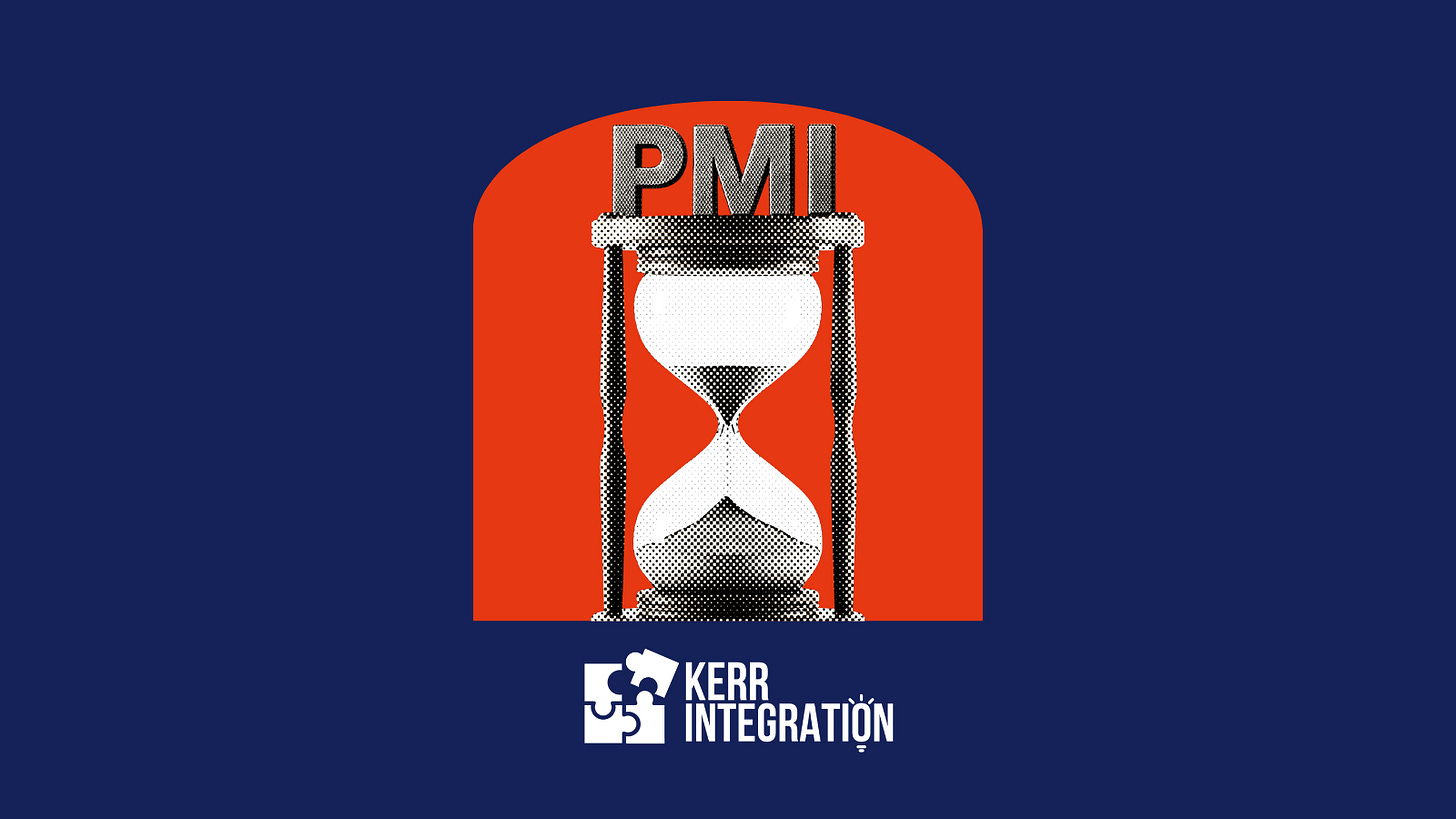Why Post-Merger Integration Is the Ultimate Transformation
By Rob Kerr, M&A Integration Navigator at Kerr Integration
Transformation has become one of the most overused words in business. Digital transformation, cultural transformation, operational transformation… every few years a new variation comes along. They all matter, but there’s one form of transformation that sits above them all in intensity, urgency, and scope: post-merger integration (PMI).
When two (or more) companies come together, every function is touched. Finance and tax. HR and culture. IT and systems. Operations, supply chain, brand, and sales. And several others often overlooked. A merger or acquisition goes far beyond aligning strategies; it often demands a rebuild of the operating model while keeping the lights on for customers and employees.
Unlike other transformations that can be phased, sequenced, or piloted, PMI forces everything to move at once. The timeline is unforgiving, the scrutiny immediate, and the consequences profound. It is the ultimate test of leadership alignment, execution discipline, and cultural resilience.
Integration doesn't wait. From the moment Day 1 arrives, employees, customers, and investors are looking for signals:
Who’s in charge?
What changes are coming?
Can I still trust this business?
PMI compresses the normal “luxury of time” available in other change programmes. Decisions that normally take months of consideration must be made in days. Communications must balance clarity with caution. Every misstep risks eroding value before it has even been realised. That’s why many executives describe it as the most exhausting – and also the most exhilarating – experience of their careers.
Because PMI is the hardest form of transformation, it’s also the best training ground. If you can navigate an integration, most other change efforts feel manageable by comparison. It teaches leaders how to make decisions with incomplete information. It shows how vital communication is in keeping people engaged. It reinforces that culture is never secondary – it’s always centre stage. And it sharpens the muscle of prioritisation, because not everything can be done at once.
Executives who have lived through integration often emerge with a clarity and decisiveness they carry into every future project.
As M&A activity continues globally, many leaders will experience PMI first-hand. But even for those who never sit on a Steering Committee, the mindset and disciplines of integration offer huge value: approach every transformation as if it were an integration, and you’ll accelerate change while protecting what makes your business strong.
PMI is the ultimate transformation. Mastering its lessons makes every other change less daunting.


